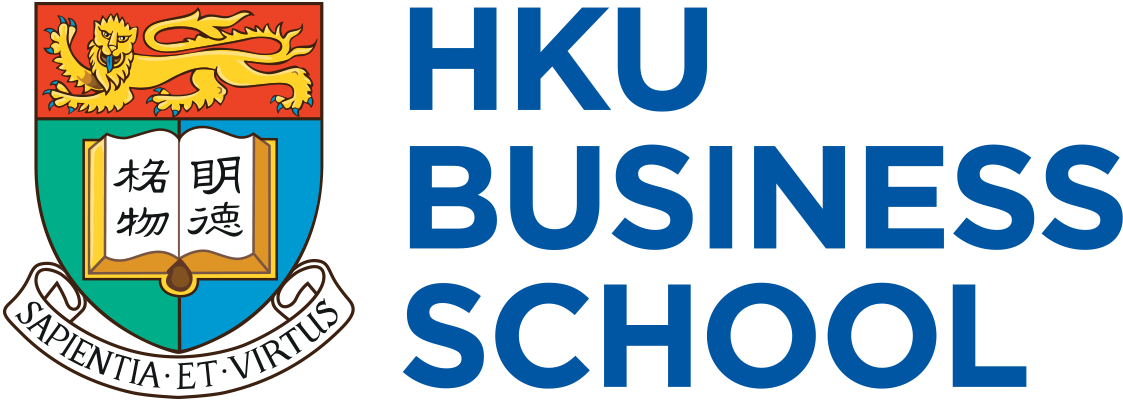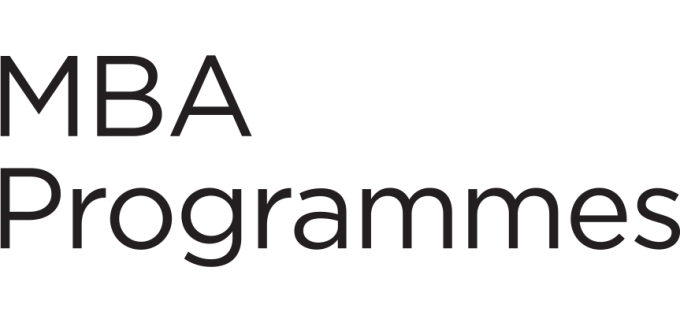Media Interview

There are already many positive indicators of Hong Kong’s post-Covid recovery as the city revs up to reclaim its place as a leading centre for international trade, finance, tourism and much else.
With pandemic-related restrictions now a thing of the past, there is an upbeat mood and a general sense of optimism that people have good reason to look forward to “a better tomorrow” and can make plans accordingly.
One sure sign of that is a surge in interest in taking career-related postgraduate courses in Hong Kong. For both local and international candidates, there are obvious attractions: a wide range of high-quality programmes; the chance to study alongside and network with like-minded professionals from different sectors; and, on completion, the prospect of exciting job opportunities with top employers in the Greater Bay Area (GBA) and across Asia.
Such factors are very much part of the appeal of the MBA offered by HKU Business School and, no doubt, explain the current push to secure places for the next intake which starts classes in August 2023.
Applicants can choose either the one-year full-time or the two-year part-time mode, with the latter also available as a weekday or weekend option. And, with in-person rather than online teaching now assured, the admissions team is hearing from many first-rate candidates who are keen to advance their careers after the slowdown of last three years, acquire the know-how needed to prosper in the digital economy, and position themselves to meet the challenges of Asia’s fast-changing business landscape.
“We have close connections with the corporate world to get feedback on the skill sets they are looking for in MBA graduates and to understand what is happening in business today.” says Sachin Tipnis, senior executive director of HKU Business School. “The fundamentals don’t change, but we want to make sure the knowledge and skills we teach are market-oriented and relevant. We also have a strong focus on developments in the region – the markets in China, India, Vietnam, and Southeast Asia – not what is happening in San Francisco or London.”
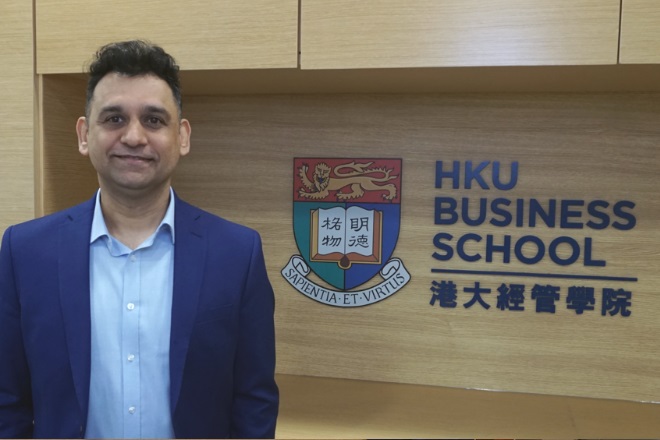
This, he believes, is one reason for the high number of international applicants for the full-time mode. Clearly, they see Hong Kong as a great place to do an MBA. They have confidence in the “reputation and recognition” of the institution. And they know the qualification will open doors and put them on the fast track.
All students are required to complete 10 core units and then six electives, which can be selected from a large pool. This includes courses taught in other master’s programmes at HKU, as well as at three partner institutions, Columbia Business School in New York, London Business School, and Shanghai’s Fudan University.
As a result, it is possible to pick electives around a theme like finance or management consulting and to gain a more global perspective by spending some time away from Hong Kong.
Tipnis notes that the full-time MBA, with a target class size of 45-50, is a more immersive experience and especially suitable for anyone planning to switch industry or function. The part-time mode, with up to 120 per intake, is generally for people working in Hong Kong, Shenzhen or Guangzhou. But to cover another key area, HKU has also introduced a GBA-focused part-time programme for around 200 students, with classes in Shenzhen and some mixed-mode online teaching.
“Everybody is looking to take the next step forward,” Tipnis says. “People are now extremely positive in their outlook and they realise upskilling is important to deal with new technologies and understand how markets are reacting post-Covid, So, they are going back to school to get equipped. We help them to have a growth mindset and be future-ready.”
To teach new essentials, the MBA now includes compulsory skills-based workshops. These are usually led by outside professionals and cover topics like critical thinking and managing teams in a virtual workplace. As with the case studies and small group projects which are central to the programme, the format encourages active participation, allowing students to share their experiences and learn from classmates.
“Adding these executive development workshops was part of a major overhaul of the curriculum we performed in recent years,” says Professor Yuk-fai Fong, associate dean for taught postgraduate programmes at HKU Business School. “They also cover business communication and presentations, problem solving, and high-performing teams. We asked alumni who are senior managers and recruiting for major companies about talent needs and the skills they are looking, and this is the result.”
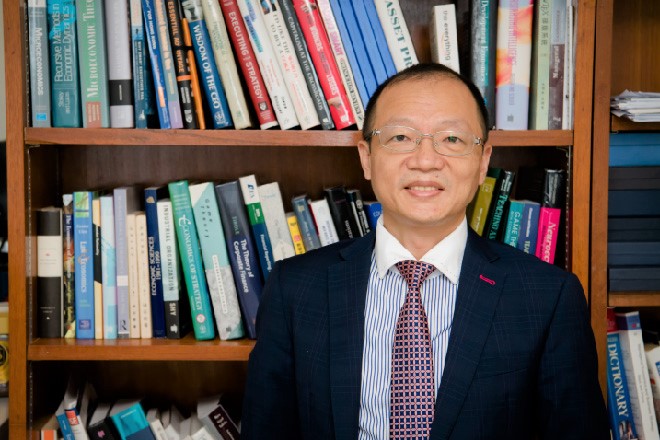
Other curriculum enhancements saw the introduction of new electives on fintech, AI for business leaders, analytics, uses of blockchain, a course on Python programming, and another run jointly with Cyberport on entrepreneurial incubation. There is also extra focus on environmental, social and governance issues, with the inclusion of more ESG-themed cases and examples in the core courses.
“The current generation of students is really passionate about ESG and the circular economy,” says Fong, who teaches a course on managerial economics for the full-time MBA and another on competitive strategy for the part-time mode. “So, we discuss how ESG initiatives can be win-win and, separately, our macroeconomics course puts a great deal of emphasis on Asia, particularly China, because that is what students want to learn more about.”
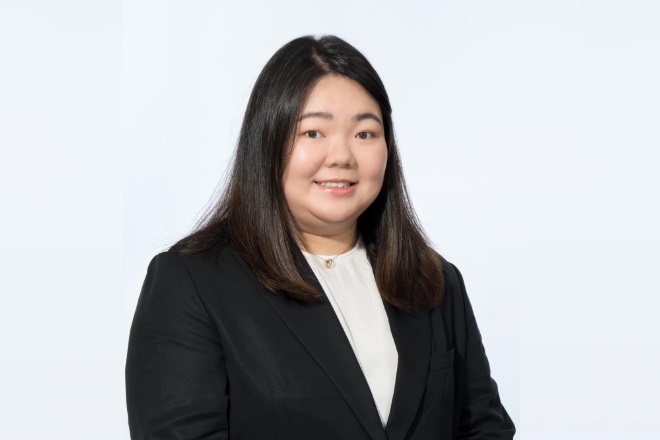
International student Crystal He, who began the full-time HKU MBA last August, is quick to confirm that. Previously, she worked in digital marketing for a firm in Toronto but, while there, realised during dealings with other companies and in-house departments that she needed a better overall understanding of how business works.
Also, with the Canadian media featuring regular stories about China, developments in the GBA and emerging markets in Asia, she was keen to return to Hong Kong and build on the summer exchange she had done at HKU as an undergraduate.
“I decided now was a good transition point in my career,” says He, who is currently combining her studies with an four-month internship with Schneider Electric, arranged with the help of the school’s careers and development office. “Hong Kong is a very international city, so it is a great place to do an MBA. Applying was very straightforward, and while the programme is intense, it is definitely rewarding.”
This article was originally published in the SCMP.
